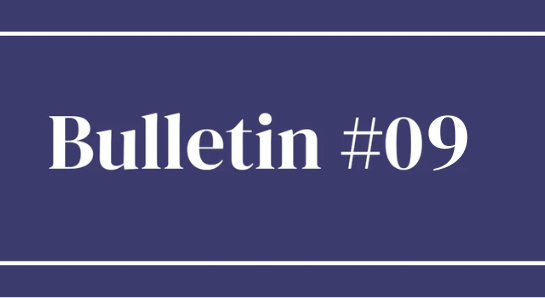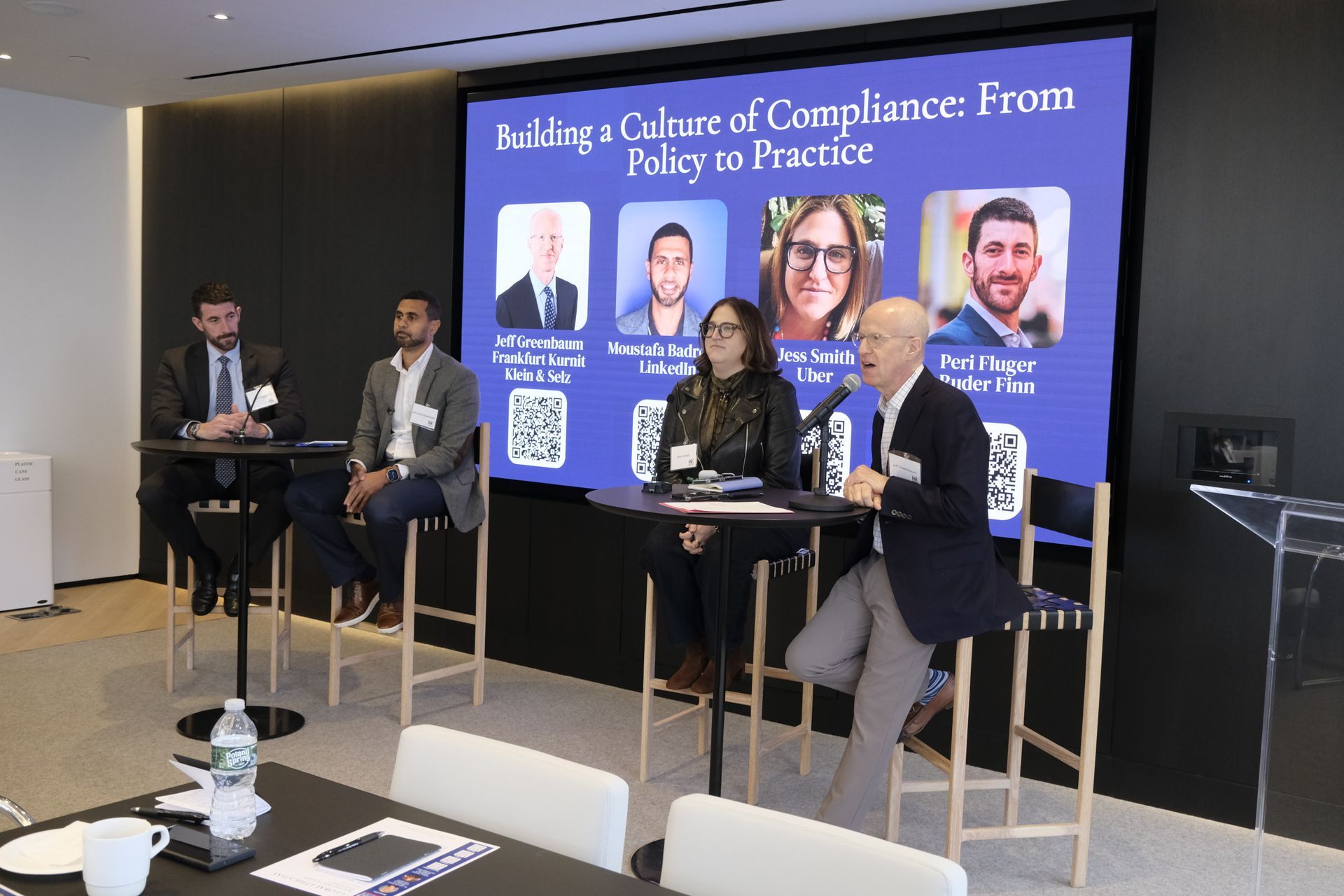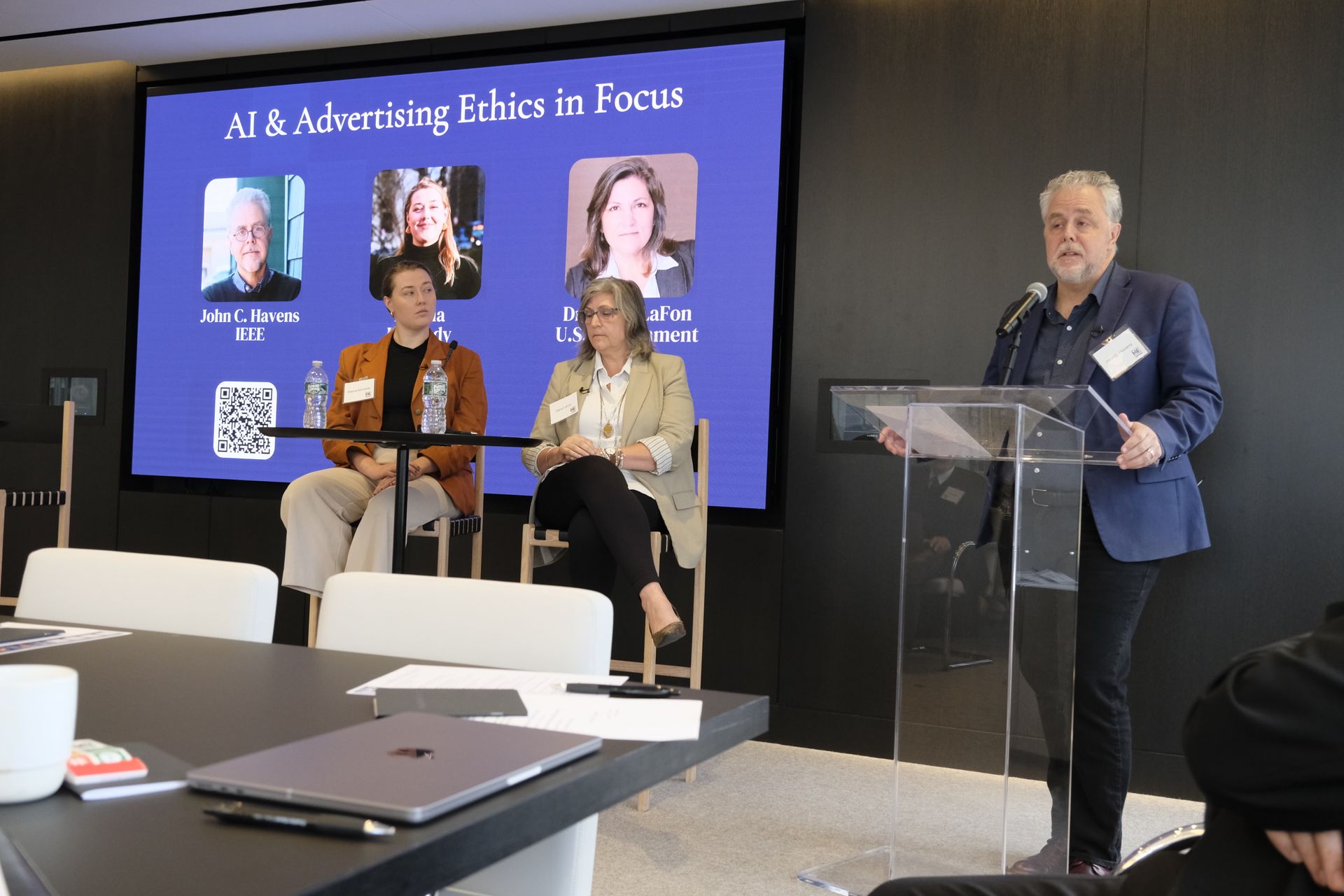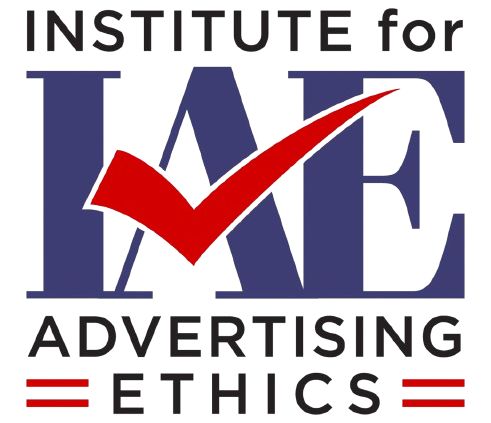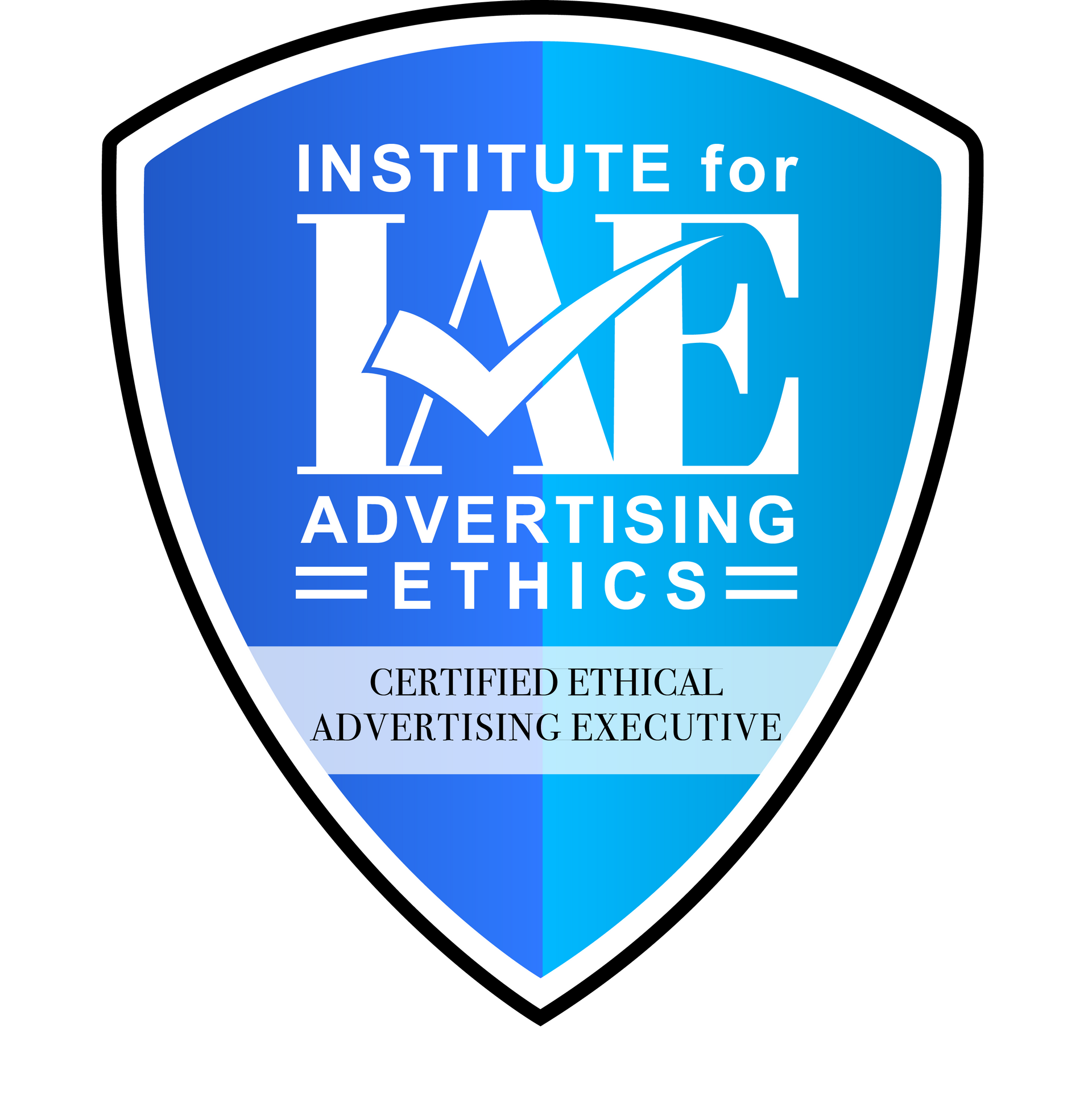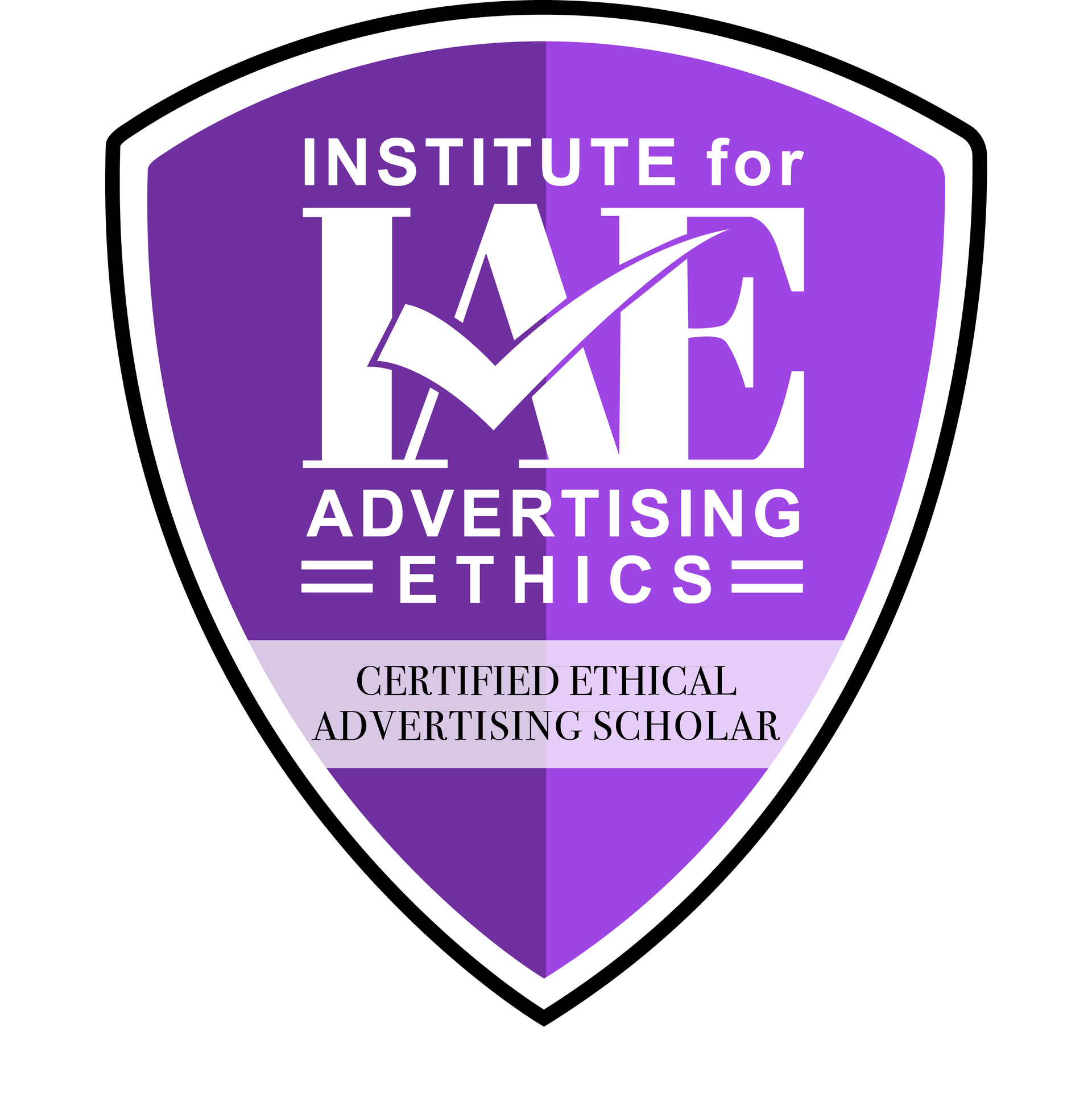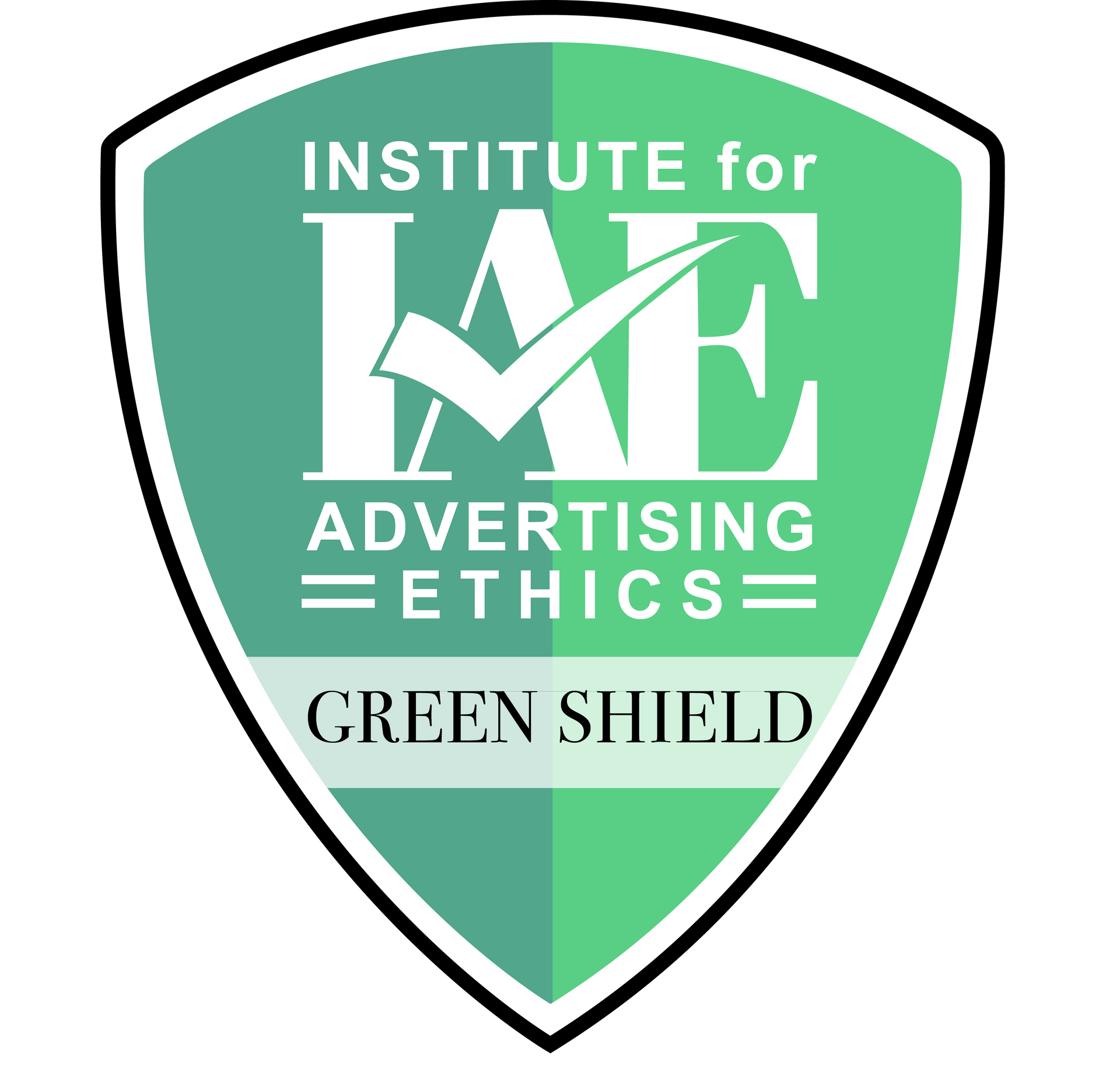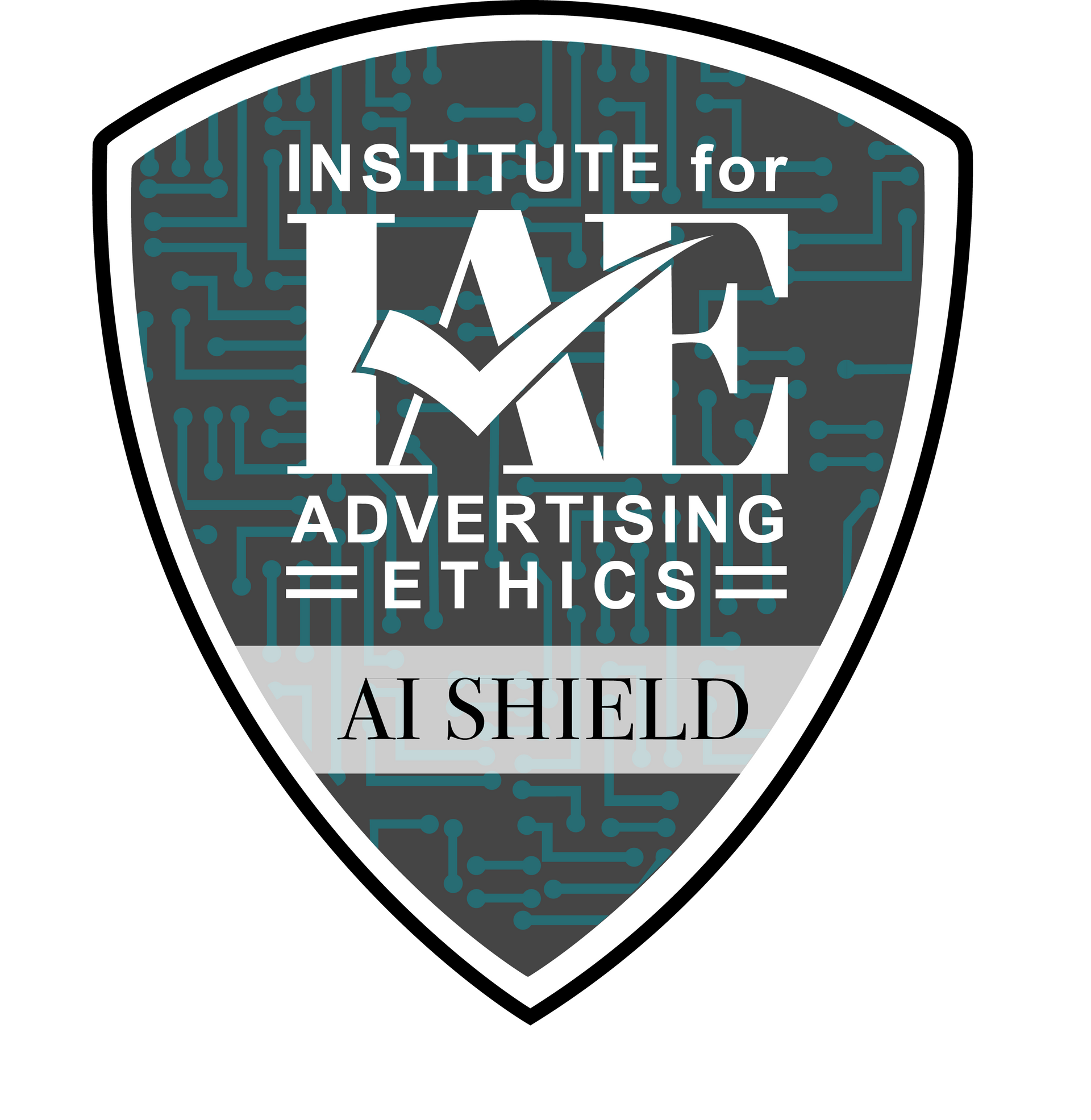Trust Builders: Chris Degenaars
Meet Chris! A member of our Trust Builders community and IAE Marketing Co-Chair & Advisory Council.
Chris is the Global Digital Experience and Growth Associate Manager at Giant Group. Among many other things, at Giant he is responsible for shifting consumer perception from transactional to relational, fostering brand loyalty and community. He is also the IAE Marketing Co-Chair and part of our Advisory Council!
How has IAE's certifications impacted you, your career, and your approach to ethical advertising?
Before I took the certifications, I never really knew that there was such thing as ethical (or unethical) advertising. I understood there's regulation, but not where ethics and the law cross-over. The certifications keep me updated both on where ethics and the law relate, where ethics rises above the law, and what red flags to watch out for. They have also empowered me to be confident in raising ethical concerns in my work, ensuring that I have the information needed to argue for/against a campaign or project.
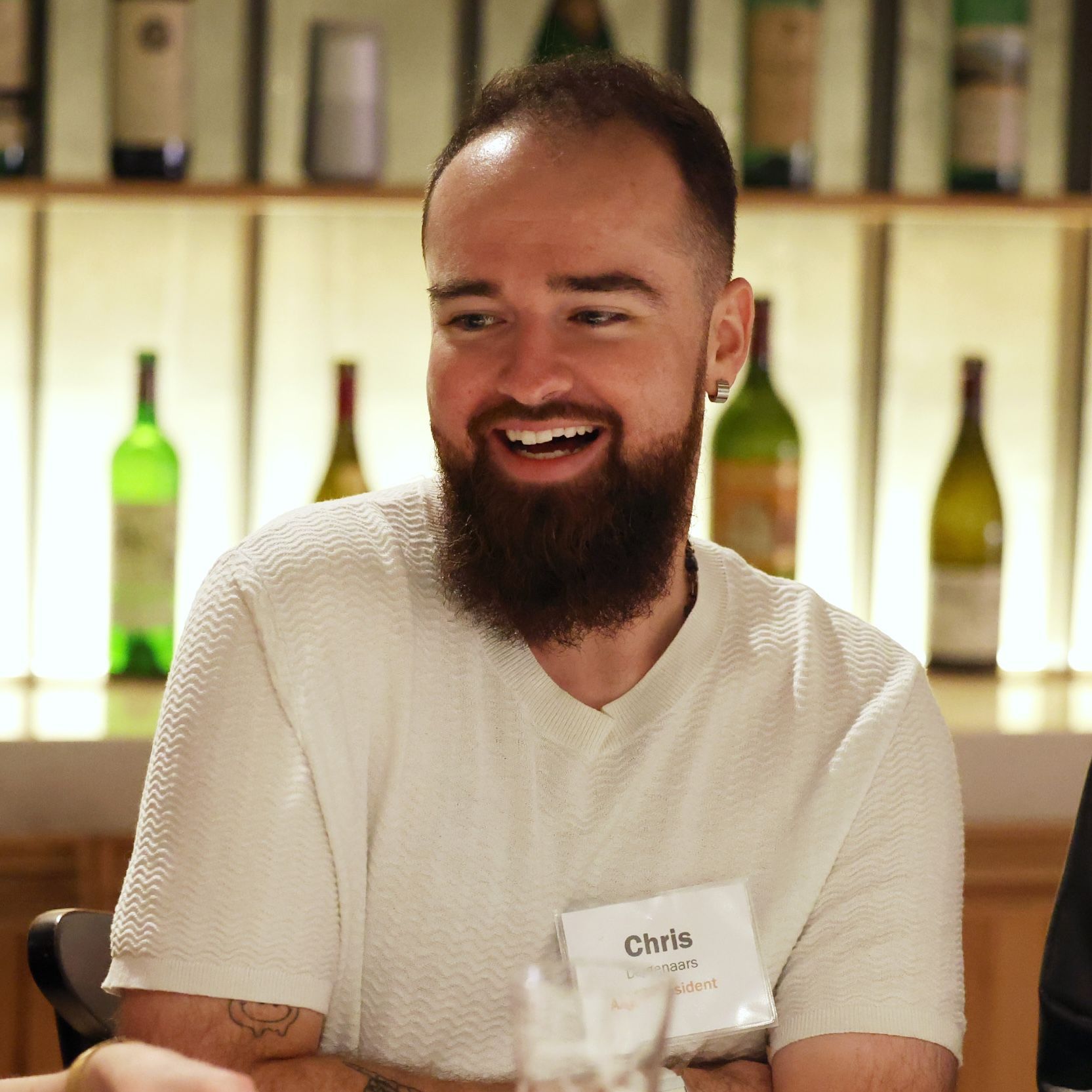
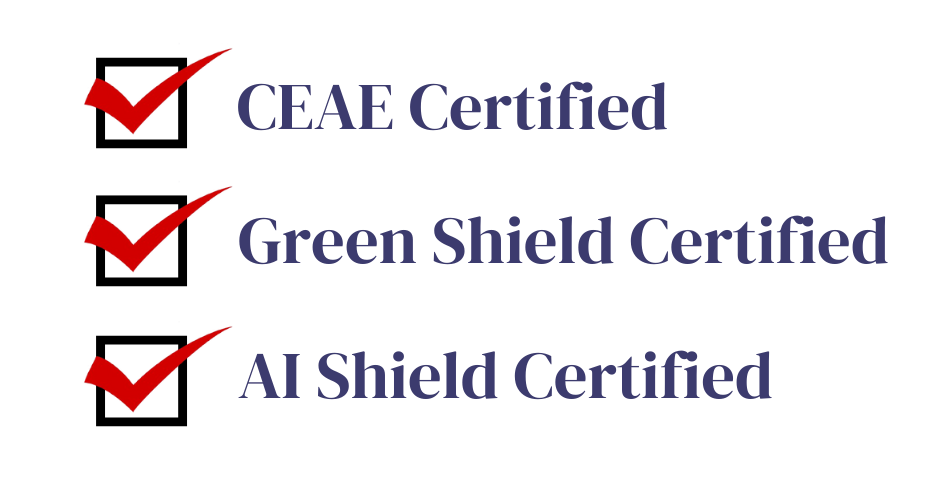
What Ethical Advertising Principles and Practices do you actively apply in your work and how?
IAE Principles 4 and 8 are probably the ones I look to the most, but I try to always apply all of them.
Principle 4 is one I'm invested heavily in, because I have worked with influencers and professional athletes and know the importance of disclosures. Consumers have a right to know when someone has been compensated or gifted for their testimonial. Default to transparency is my motto.
Principle 8 is important for leadership to apply, because if your team is not allowed or encouraged to voice their concerns, then you risk problems down the road. Allowing your team to voice ethical concerns, and taking them seriously, is whaat great leadership looks like.
Why is ethics important for advertising?
Trust. People should be able to trust the advertising they see, whether a billboard, commercial, or influencer, it shouldn't be manipulating or misinforming the public about a brand/product. Ethics rise above the law.
What are some of the biggest ethical challenges you see in advertising today and how do you think these challenges can be overcome?
There are 3 key areas that have my attention right now.
1 - Data privacy. We live in a privacy paradox where consumers expect personalized experiences, but also are skeptical of trusting brands with their data. Rightfully so, I might add. Many brands and agencies are taking advantage of the lack of legal guardrails when it comes to data privacy, and are using data in highly unethical ways. I've been committed to not working with data brokers, only leveraging data explicitly given by the consumer, making sure the consumer has control of their data, and simplifying language around privacy.
2 - Influencer marketing. I believe influencer marketing is one of the most powerful ways to reach and engage with consumers, but I also believe it's the greatest risk to the integrity of advertising. Everyone from the influencer, to the manager, to the agency, to the brand should be enforcing clear disclosures in all of their content. Consumers have a right to know when an influencer was gifted a product or paid for their post, as it goes directly to the credibility of the post. Influencers have the right to get paid, as well, and disclosures don't take away the power.
3 - Culture-washing. While DEI has become a "negative" term for companies, there's no shortage of brands still willing to leverage culture when it helps their campaign. This is where the law and ethics divert, and ethics rises above the law. If you are going to tap into culture, you should also be making investments in that culture.
Can you share a time when you encountered an ethical dilemma? What were the outcomes?
One of the most common dilemmas I've faced centers around consent. I'm often asked if we can use customer data for different purposes, and have to push back to understand how we collected that data, did we make it clear this is what we're using it for, and is this fair to the consumer.
The mentality of "move fast and break things" is no longer okay. We must move intentionally and build trust, that's the opportunity and the strategy.
While this sometimes can get pushback from the person driving the campaign, ultimately it has been a net-positive. I'm able to help educate internal teams on why this matters, so we can build trust with our consumers.
We want to highlight you too! Fill out this form
to be featured on our Ethics Certified Spotlight.
Share
